

Navigating grocery shopping on the carnivore or keto diet requires a focus on high-quality proteins, beneficial fats, and essential supplements to maintain nutrient balance and optimal health.
The ketogenic diet, known for its high-fat, low-carbohydrate approach, has been studied extensively over the past decade. Individuals have reported significant personal transformations, including substantial weight loss, while following this dietary regimen. While some may choose a strict carnivore diet, which focuses solely on animal products, others opt for a more varied approach that includes both fats and proteins. The goal is to create a sustainable diet that avoids micronutrient insufficiencies and optimizes fat ratios.
Adopting a carnivore diet often involves higher expenses due to the recommendation of consuming high-quality animal products. Despite the cost, the diet is praised for its effectiveness in reducing inflammation, improving gut health, and positively influencing the gut microbiome.
To prevent micronutrient deficiencies, a Mediterranean spin on the carnivore diet is sometimes recommended. This approach ensures an adequate intake of essential vitamins and minerals. Additionally, the focus is on achieving an optimal fat ratio, particularly in the absence of fiber and carbohydrates from the diet. A balanced omega-6 to omega-3 ratio is aimed for, ideally at 1:1. The suggested fat profile includes less than 10% polyunsaturated fats, 60-65% monounsaturated fats, and 25-30% saturated fats.

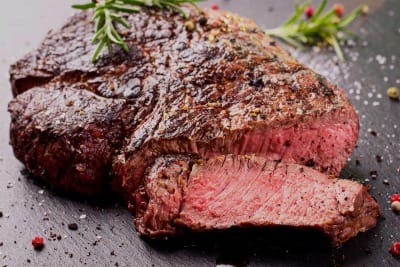
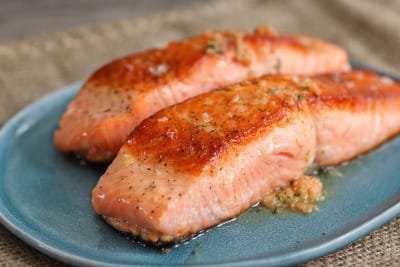

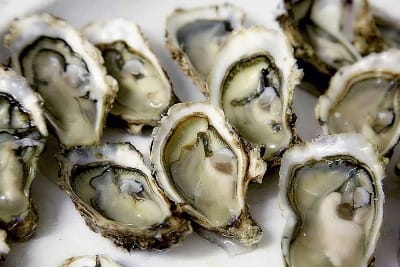

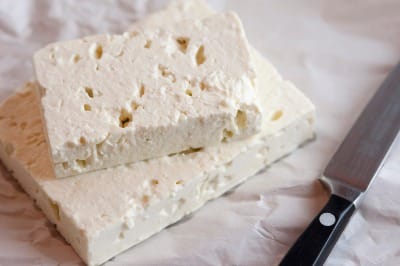
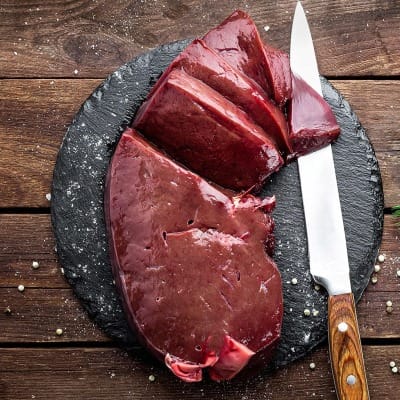
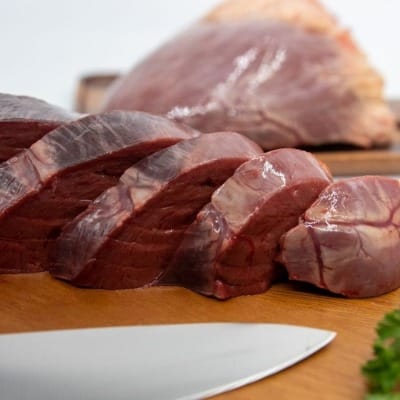
Despite potential push back from the carnivore community, the inclusion of certain plant oils could be beneficial:


The proposed carnivore grocery list aims to provide a balanced approach to the diet that prioritizes nutrient sufficiency and optimal fat intake. While some items may not align with the strict carnivore philosophy, their inclusion is based on the potential health benefits they offer. It is essential to tailor the diet to individual needs and preferences while ensuring a diverse and nutrient-dense intake of foods.